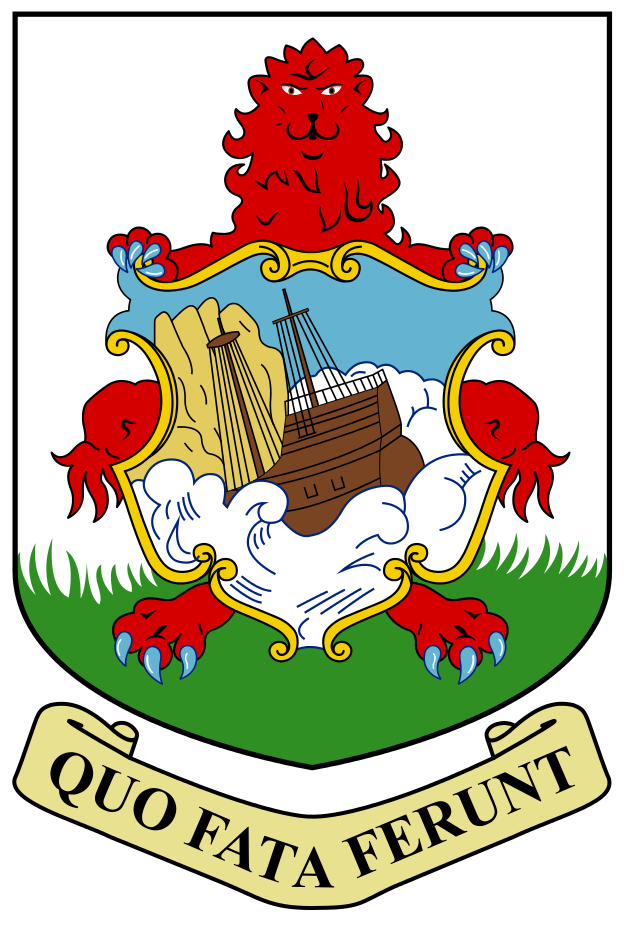Bermuda was first settled in 1609 by shipwrecked English colonists heading for Virginia. Self-governing since 1620, Bermuda is the oldest and most populous of the British overseas territories. Vacationing to the island to escape North American winters first developed in Victorian times. Tourism continues to be important to the island's economy, although international business has overtaken it in recent years. Bermuda has also developed into a highly successful offshore financial center. A referendum on independence from the UK was soundly defeated in 1995.
Bermuda is a parliamentary democracy and a self-governing overseas territory of the UK.
Source: CIA World Factbook
Members:
Resources
Displaying 11 - 15 of 83Land Tax Amendment Act 2015 (No. 9 of 2015).
This Act amends the Land Tax Act 1967 in the table in the Schedule, which sets out the rate of land tax on private dwellings.
Amends: Land Tax Act 1967. (2010)
Land Valuation and Tax Amendment Act 2015 (No. 29 of 2015).
This Act makes minor amendments to various provisions of the Land Valuation and Tax Act 1967, including provisions regarding proceedings of the Land Valuation Appeal Tribunal.
Amends: Land Valuation and Tax Act 1967. (2010)
Development and Planning (General Development) Amendment Order 2015 (BR 80/2015).
This Order amends the Development and Planning (General Development) Order 1999 in provisions concerning, among other things, requirements for development in respect of which permission is granted and in the Schedule in relation to permitted developments (subject to the limitations and conditions set out in this Schedule).
Amends: Development and Planning (General Development) Order 1999. (1975-05-01)
Trusts (Special Provisions) Amendment Act 2014 (No. 22 of 2014).
This Act amends the Trusts (Special Provisions) Act 1989 by adding a new section (2A) concerning the legal effect of the reservation by the settlor to himself or grant to any other person in a trust instrument of any limited beneficial interest in the trust property or any or all of the powers specified in the new section. Those powers concern modification, transfer, etc. of trusts, trust instruments or trust property. A trust instrument may provide that the reservation or grant of any of such powers shall not impose a fiduciary duty on the holder of such powers.



